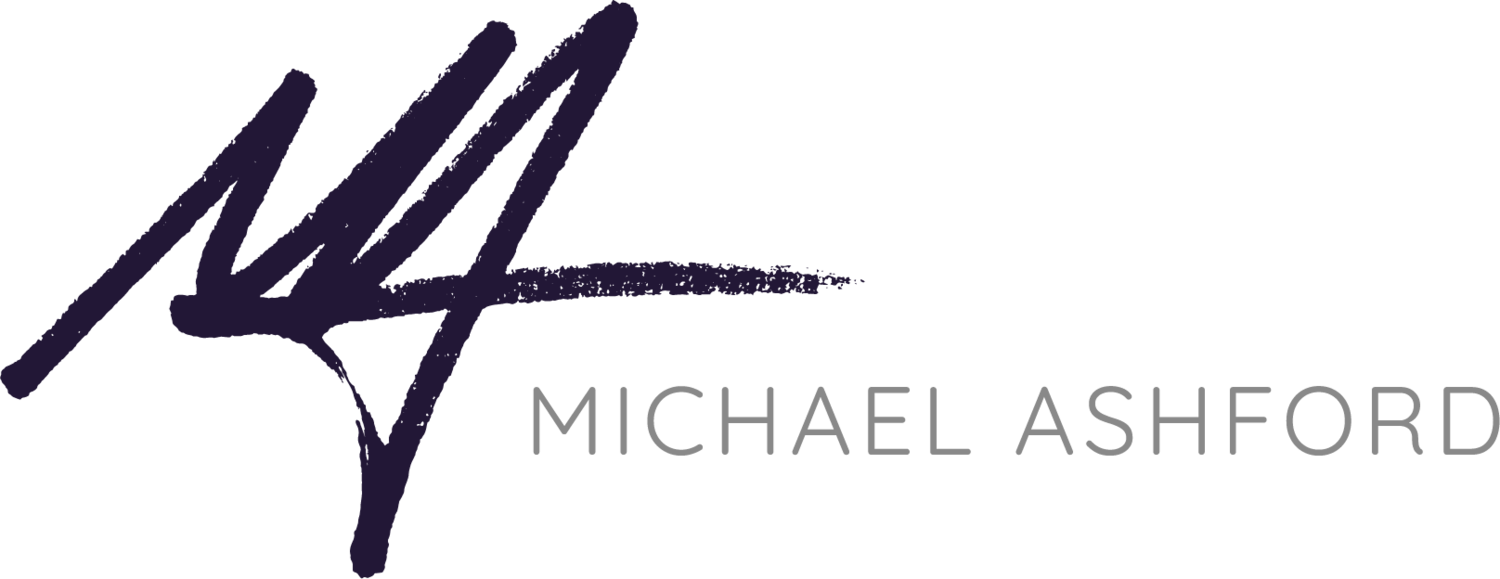Confidence and certainty, and why they are not the same
When I left journalism nearly 20 years ago, I went to work in tech, first as a project manager before moving into a sales engineer role.
As a sales engineer, I led product demos and answered technical questions as a resource for our sales team. I knew the software’s finer details, and I quickly became a go-to resource.
My sales calls were a huge success — we won 80 percent of the deals I participated in. I was competitive and thought I was really good.
So, it drove me crazy that one top sales rep, Michelle, never invited me to her calls. Frustrated, I called her up one day.
“Hey Michelle,” I said, “I notice you never bring me into your sales calls. We’re winning 80 percent of the deals I’m involved in, so I’m just wondering... is there a problem?”
She started to answer: “Michael, you don’t know everything.”
Immediately, I cut her off to launch into an explanation.
“But I do know the product! I know it better than almost anyone. I think I could really help you!”
Michelle stopped me.
“Slow down, Michael. You didn’t let me finish.”
The next thing she said was a shock, but it changed how I viewed my own communication.
“Michael, you don’t know everything,” she said, then added, “and you’re not willing to admit it when you don’t know.”
Michelle explained how she noticed that when I got stumped by a question, I would try to finagle pieces of an answer together, or worse, make up an answer. In front of a technical audience that knew their stuff, that kind of false certainty could derail a deal.
It was a painful moment of clarity. In my drive to be seen as the confident expert, I had confused it with the need to be certain about every detail.
By being unwilling to simply say, “I don't know,” I had made myself a liability.
I’d been so focused on proving what I knew that I hadn't been open to one of the most powerful communication gifts: the confidence gained by being able to sit in uncertainty.
When certainty gets mistaken for confidence
We are inundated with examples of what communicative certainty looks like these days.
Politicians expressing either-or choices on how to run the country
Social media warriors drowning out nuance with echo-chamber-influenced rants
Executives who "just know" something to be true as they posture in front of cameras, the board, or their employees
The performative nature of these everyday displays has many believing that to be confident, one must be absolutely certain at all times and dismiss any other possible solutions, outcomes, answers, or options.
In turn, it fuels the belief that if you appear certain enough of your answers, others will simply follow your lead.
But these interactions often lack something important: trust.
This faux form of confidence relies on assuming a posture of “being right” and holding firm to what you know, believing that this will make you appear to be confident.
But trust isn’t built by always being right.
Nowhere is this more true than in moments of conflict, high stakes, difficulty, or change, be it in relationships, at work, in politics...you name it.
Because certainty snuffs out nuance and curiosity, both of which are essential elements for productive communication, and leaves you susceptible to being disregarded or not taken seriously.
Just like how Michelle felt about me.
As Heather Heying, my guest in episode 69 of my podcast, wrote in her book, “A Hunter-Gatherer’s Guide to the 21st Century,”
“When people are too comfortable with what they know, and the world does not look as they have been led to expect, they are at considerable risk — of being gamed, of getting angry, of becoming incoherent.”
Certainty tells you to look for answers in places they might not exist, and this is where things can fall apart — when you are faced with a reality that undermines your certainty — where the unstable confidence that’s been built quickly erodes.
If not certainty, then what?
The best communicators I know are confident because they constantly seek to build trust, and they commit to remain in conversations through uncertainty, not because they’re certain of what they know.
The truly confident communicator first asks, “Have I proven that this person or this group of people can trust me with this conversation?”
If not, then guess what?
There’s work to do.
And that work begins with setting aside your certainty and your need to be right, and instead, getting curious and being a bold question-asker.
True communicative confidence is being OK with doubt and uncertainty, and seeking to understand other perspectives rather than feeling threatened by them.
It might sound like, “I believe [xyz]...how do you see it?”
Or, “Can you help me understand [xyz]?”
Or, “Based on what I know, I think we should [xyz]...but I'd love to hear your perspective.”
When this type of communicative trust exists, confidence is revealed.
Because you’re not tied to being right or to forcing an outcome, but rather, you’re committed to the conversation itself and creating solutions within that context rather than believing you have to have all the solutions already figured out.
Vikram Mansharamani, my guest in episode 133, wrote in his book, “The Making of a Generalist,”
“All opportunities emerge from environments of uncertainty — where lots of questions are asked and many possible answers are explored.”
I challenge you to rethink how you perceive confidence and consider how often you make peace with uncertainty.
If you would like a guide to come alongside you on your journey to developing this kind of confidence in yourself, consider my leadership communication coaching.
As always... keep asking questions!

